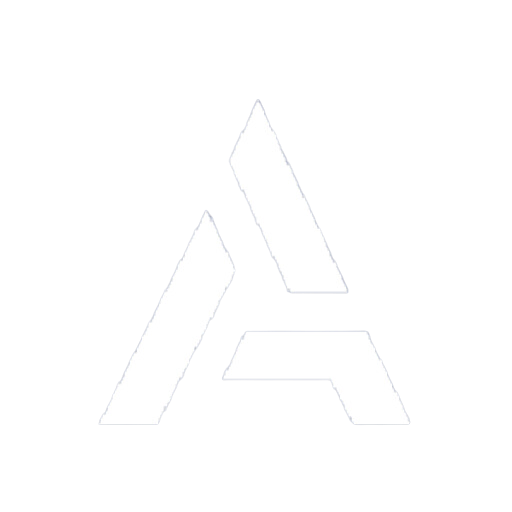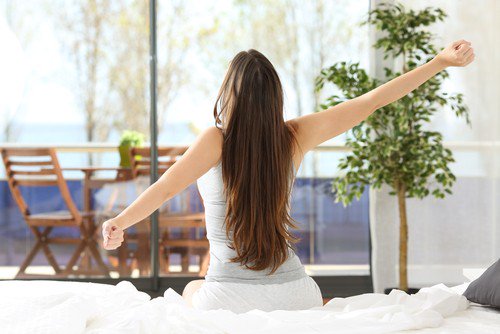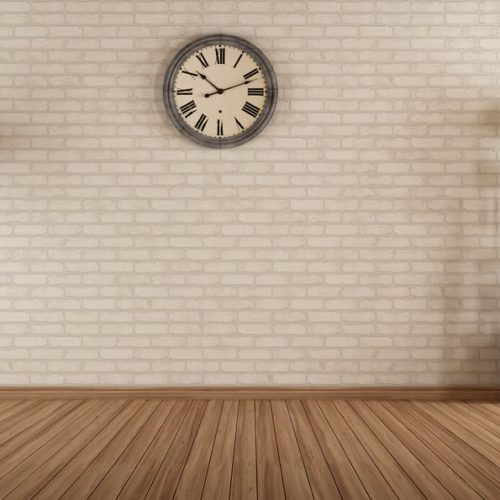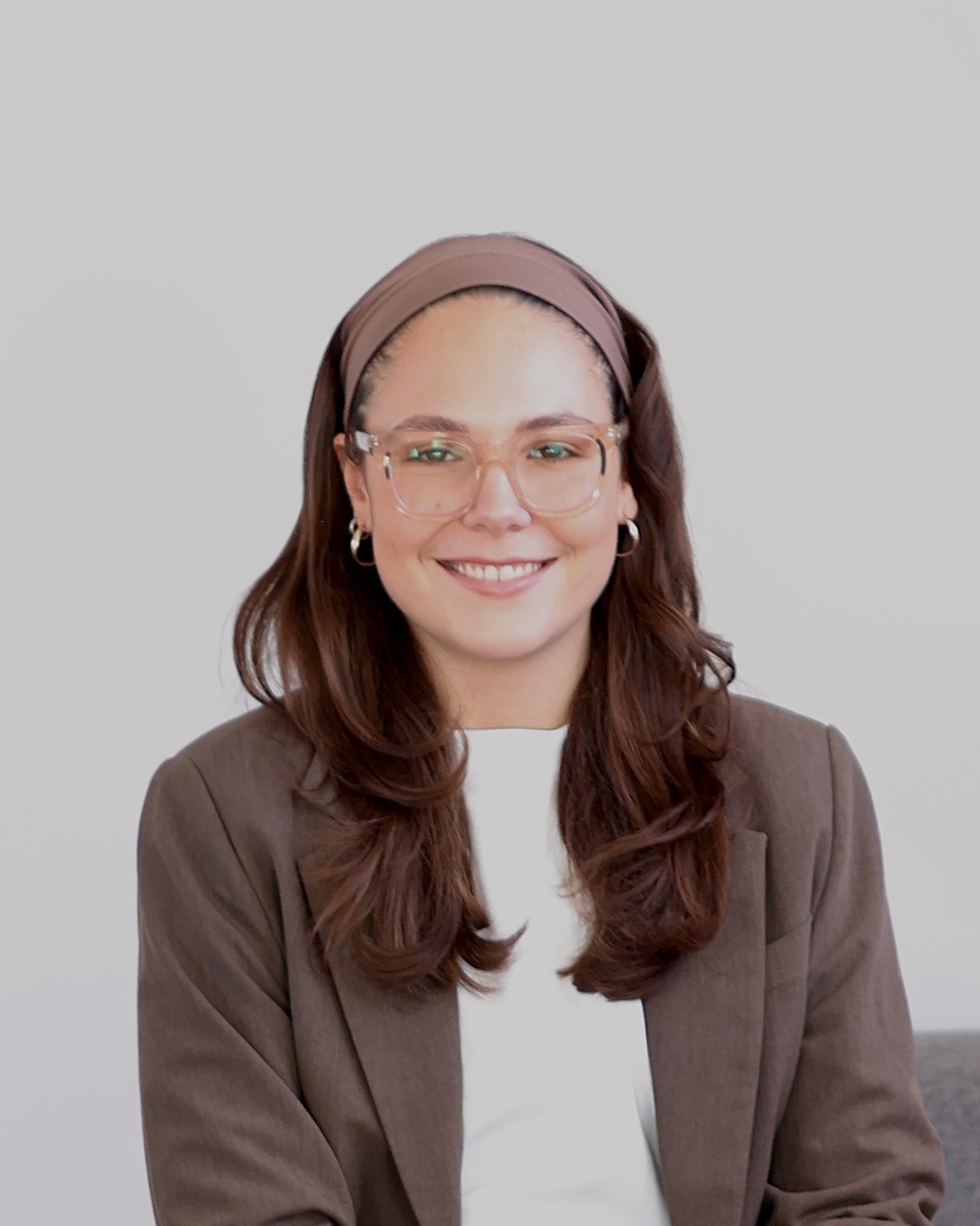In addition to the personal and tenancy situation, financial aspects also play a major role in age-appropriate conversion. There is no question that remodeling, whether in accordance with accessibility principles or not, is a costly undertaking. But what options do you have if you cannot afford the necessary conversion work? If you don’t have the necessary change, you can consider financing with outside funds. However, this often entails high interest rates and a certain requirement for own funds – a problem above all for older people or people who, due to a stroke of fate, are suddenly dependent on a barrier-free design of the living environment. Therefore, there is a large number of subsidies and low-interest loan options at federal and state level, which offer support for the conversion measures or which can at least reduce the amount of equity to be provided. We give you an overview of nationwide funding options for accessibility.
the essentials in brief
- There are a variety of financial support options for low-barrier (re)building at federal and state level.
- Basically, a distinction is made between object- and subject-related funding, whereby there are different funding bodies and programs.
- Compliance with minimum technical requirements and legal requirements as well as the application for funding before the start of the construction measures are essential prerequisites for guaranteeing them.
What subsidies are there?
Basically, a distinction is made between subject and object-related funding. For all projects, however, the top priority is: You must never start the construction work before you have submitted the application. The first hammer blow may only be made after the written approval of the cost bearer has been submitted.
Subject-related funding
The receipt of a subject-related funding depends on the personal situation and the respective occasion. There are a large number of sponsors, of which you will find an overview of the most important ones here:
- Tax incentives: Craftsman services and renovation measures to remove barriers in private households – whether own home or rented apartment – can be deducted from the tax liability. The amount of deductibility is 20% of the benefit paid, with a maximum of €1,200 per year. However, the subsidy can only be claimed by those who have taxable income.
- Long- term care insurance: A barrier-free conversion is often only tackled when the state of health of the person concerned makes it necessary. If the applicant is officially in need of care, subsidies can be granted by the care insurance fund. The maximum subsidy per measure is €2,557, with a personal contribution of 10% of the total price usually having to be paid. However, this may not exceed 50% of the monthly income. Measures to improve the living environment are funded if this enables independent living or home care. A description of the measure and a cost estimate must be submitted together with an informal application. If your health deteriorates, you can apply for the same amount again to finance further measures.
- Social welfare offices: If there are no other funding options for your case or the approved funds are not sufficient for the conversion, you can also apply for grants from the health and social welfare offices. Since this is a social benefit, income and asset limits apply to the granting of an application. The amount of the subsidy or low-interest loan is variable.
- Health insurance companies: Some of the measures listed in the aid lists of the respective health insurance companies are paid for by health insurance companies based on a doctor’s prescription. The amount of the subsidy is variable.
Object-related promotion
The federal development bank KfW (credit institution for reconstruction) offers financing for a low-barrier conversion. [ads-pullquote-right]”The application for property-related funding is submitted directly to the personal house bank before the purchase or conversion.”[/ads-pullquote-right] It grants low-interest loans, the approval of which is linked to compliance with legal requirements and minimum standards. The prerequisite for object-related funding is therefore exact compliance with DIN standard 18040. It is therefore advisable to seek the professional advice of an expert when applying for funds from KfW. Regardless of whether you are a tenant or landlord, private property owner or homeowners’ association, municipal company or non-profit organization – the loan can be applied for by anyone, regardless of age or ownership. However, the application for the granting of such a property-related subsidy should not be submitted directly to the KfW, but to the personal house bank. The application is made before the purchase or conversion. After checking the documents, the loan is provided by the respective house bank.
KfW offers various funding programmes, two of which are particularly suitable for low-barrier and age-appropriate conversion measures in private apartments or houses
- Program 159 “Senior-appropriate conversions – loan”: This program supports all construction measures that lead to a reduction in barriers and ensure a pleasant quality of life. For example, grants can be made available to spread the doors or remove thresholds. Not only comprehensive modernization of the apartments or the house, but also individual measures that lead to the removal of barriers are funded. For example, under the 159 program, concessional loans can be applied for to install a curved shower or install a stairlift. Since the minimum technical requirements must be observed when carrying out these measures, it is advisable to have the construction measures carried out by specialist companies. The companies then confirm in their invoices that the conversions correspond to the program specifications. Funding for the purchase of residential buildings that have recently been renovated to suit the needs of the elderly is also possible within the framework of this program. The soft loan covers 100% of the eligible costs but is capped at a maximum of €50,000 per dwelling.
- Program 455 “Senior-friendly conversions – investment subsidy”: This program offers financing subsidies for the conversion of single or two-family houses and condominiums. Accordingly, only private individuals (owners, self-occupiers, tenants or landlords) or homeowners’ associations are entitled to apply for this investment subsidy. The conversion measures are funded with 5% of the eligible costs, but with a maximum of €2,500 per residential unit.
These grants are open to all German citizens. Depending on where you live, you may also be eligible for a variety of other grants.




